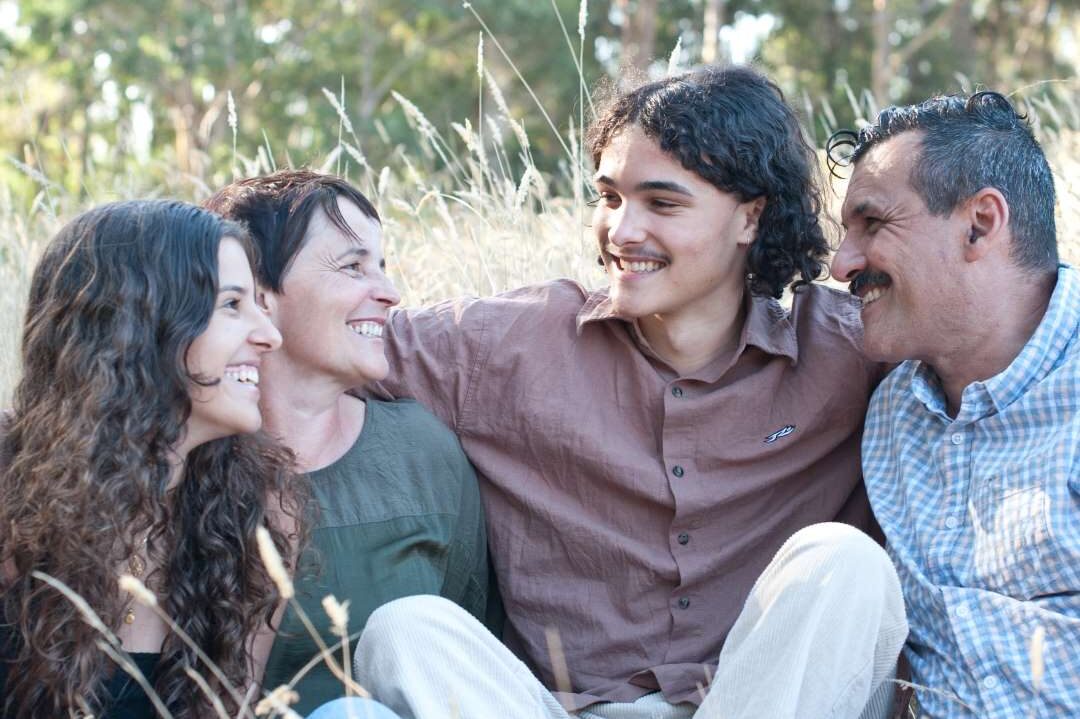
Crying, raging and tantrums are misunderstood in our society, seen as something bad, something to eliminate, something to punish. I recently heard from a friend that her son’s school had been in touch with her because her 4 year old who had just started Kindy was having tantrums at school and she wondered if there was something wrong with him. Much of mainstream parenting advice views tantrums as manipulative misbehavior and recommends children be punished, teased or have love and attention withdrawn in response. Maybe parents are worried that we will reinforce our children’s challenging behaviour if we don’t punish them for having tantrums. Sometimes parents are advised to distract our children when they are upset by giving them food, or promising them a toy. So it is hard to know what to do when children have tantrums and it is very stressful when our child has a melt-down in the supermarket aisle.
Fortunately, Aware Parenting has an entirely different perspective on tantrums and supports parents with effective strategies to respond when our children are struggling with these intense feelings.
Aware Parenting understands that all babies and children experience stressful and traumatic challenges in their lives. These may be minor frustrations and fears, birth trauma and intervention, or more major stresses such as moving house, undergoing medical procedures, parental distress or divorce, natural disasters etc.. Whilst we may make every effort to reduce our children’s exposure to stressful events, it is inevitable that they will experience some stress from their birth onwards. Fortunately, children also innately know how to release and heal from stress and trauma by using our natural stress-release mechanisms. These include crying, play, laughter and tantrums, which are all profoundly healing when they occur with the loving presence of a care giver.
Marion Rose Ph.D. describes tantrums as “therapy for toddlers”. They are a powerful way to release pent up painful feelings, stress hormones and physical tension. Tantrums are a natural mechanism for releasing stress and they support our children to heal from painful, stressful, frightening experiences, to resolve trauma, to reduce hyperactivity and to release tension – leading to profound healing and relaxation. Supporting our children by listening when they have tantrums and giving them our loving attention and care, plays a really important role in allowing our children better emotional health, improved behaviour, better sleep, more cooperation, and it strengthens the relationships between parents and children.
But crying, raging and tantrums can provoke very strong responses in parents. We may feel powerless, frustrated, angry, afraid, anxious, resentful or overwhelmed. So it is crucial that parents understand why our children are behaving in these ways, receive guidance on how to respond in a way that supports our children to feel better and behave better, and get support for us to release our intense feelings that we may be experiencing in response to the crying and tantrums. Once we learn how to give our children the emotional safety to release and heal from stress and trauma, the challenging behaviour reduces significantly and our relationship with our child is deeply strengthened.
Supporting our children in this way is, however, not always easy. It can feel difficult because most of us were not supported to cry or tantrum as children. We were often told to stop crying or “I’ll give you something to cry about”. We were sent away to our rooms or punished if we had tantrums, we were rewarded if we stopped crying. Many of us learnt as children to suppress our feelings and hold it in, so that we were safe.
Aware Parenting recognises how crucial it is for us to deal with our own feelings and trauma in order to be able to support our children. It is so helpful for us to find someone to listen to our feelings and pain, whether that be an Aware Parenting Instructor or a counsellor or therapist, a listening partner or in a journal. When we re-learn how to release and heal by crying with loving support, we become so much more effective at supporting our children to do so too.
It is also crucial that we find ways to meet our needs, as parenting is often incredibly demanding and difficult and we evolved as a species over thousands of years to live in supportive groups where the work of life and parenting was shared. We are not designed to do this work in nuclear families on our own. Any small steps that we can take to meet our needs better, will make the work of parenthood so much easier and more enjoyable. The more loving listening our children receive from us, the less they will have tantrums. And the more loving listening we receive as parents, the more we will love parenting.
